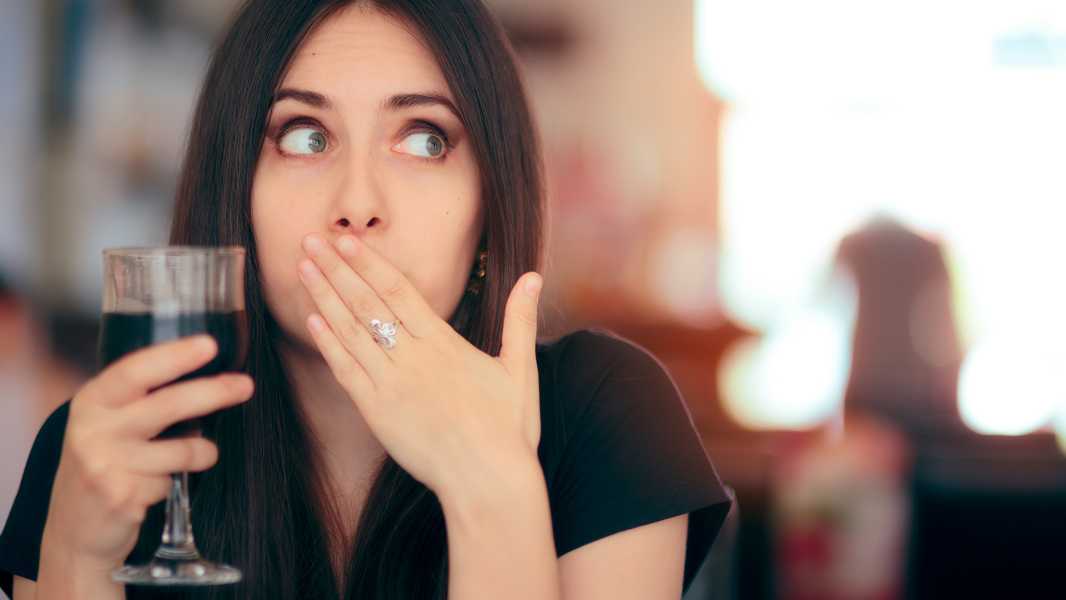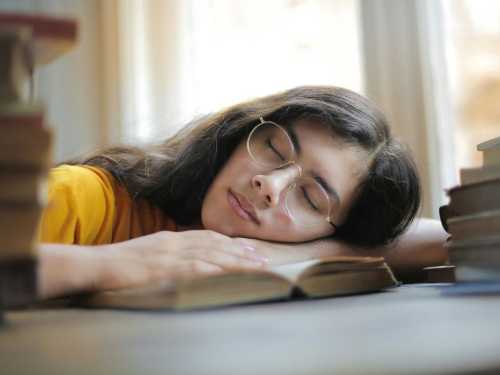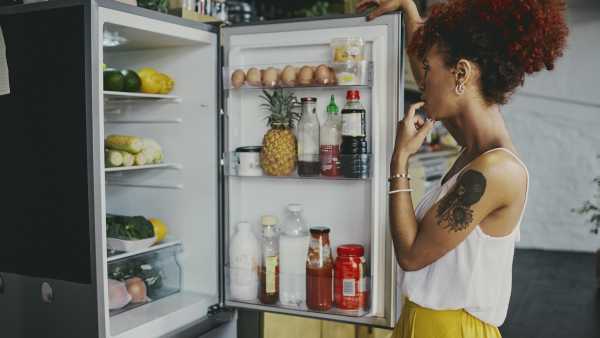
What causes “drunken hiccups”? There are several theories. (Image credit: nicoletaionescu via Getty Images)
A severe bout of “drunk hiccups” isn't the worst outcome after drinking too much beer, but it can certainly be annoying.
Drunk hiccups are quite common, so in classic cartoons a character who hiccups after a sip of alcohol is perceived as being drunk – but can alcohol really cause hiccups? Or are other factors at play?
Frankly, we know surprisingly little about drunk hiccups. Clinical reports do point to a link between alcohol consumption and hiccups. But Dr. George Koob, director of the National Institute on Alcohol Abuse and Alcoholism, told Live Science that he is unaware of any studies that have specifically looked at the mechanism behind the phenomenon.
However, there are several theories about how alcohol may trigger hiccups. One possible explanation is that ethanol — a type of alcohol found in drinks like beer, wine, and spirits — may cause hiccups by disrupting the normal flow of nerve signals in the body.
The characteristic “hic” sound is caused by the vocal cords suddenly closing as a result of repeated spasms of the diaphragm, a dome-shaped muscle that contracts and relaxes to draw air into the lungs and then push it back out. Like any other muscle, the diaphragm responds to electrical impulses generated by the nervous system.
“Existing research on the effects of alcohol on the respiratory system supports the hypothesis that alcohol disrupts the normal functioning of the muscles of the upper airway and diaphragm by affecting the communication between nerve cells and muscle fibers, and this may lead to hiccups,” Koob told Live Science in an email.
“For example, in one study, scientists looked at how alcohol affects the diaphragm muscles of rats and found that ethanol interfered with signaling between nerves and muscles in rat nerve-diaphragm tissue samples,” Koob added.
Additionally, drunk hiccups may be related to gastroesophageal reflux disease (GERD), a condition in which stomach contents flow back up into the esophagus. Alcohol relaxes the ring of muscle that separates the esophagus from the stomach, known as the lower esophageal sphincter, and dysfunction of this valve is a key symptom of GERD.
“While we're not sure if there's a direct link between alcohol per se and hiccups, we do know that hiccups are more common in people with the disorder,” Koob said.
Research shows that up to 10% of patients with GERD experience recurrent bouts of hiccups, according to the health resource StatPearls. What’s more, the risk of developing the condition increases proportionally with the amount of alcohol consumed, according to a 2019 meta-analysis published in the journal Alcohol and Alcoholism. However, more research is needed to better understand the relationship between hiccups, alcohol consumption, and GERD.
“It’s also important to consider that in addition to GERD, hiccups are more common in people with neuropathies [nerve damage], liver disease, and pancreatic disease,” Koob added. “And alcohol is a major contributor to all of these conditions. So it’s possible that the health benefits associated with problematic alcohol use may also help eliminate hiccups.”
However, in people who don't typically drink much alcohol, occasional episodes of hiccups while drunk are likely not a cause for concern, although the spasms may be difficult to get rid of.
This article is for informational purposes only and is not intended as medical advice.
Have you ever wondered why some people gain muscle more easily than others, or why sun exposure causes freckles? Send us your questions about how the human body works to [email protected] with the subject line “Health Desk Q,” and you might even see your question answered on the site!
Sourse: www.livescience.com





